February Is Black History Month
Closing Message From Morandon Henry
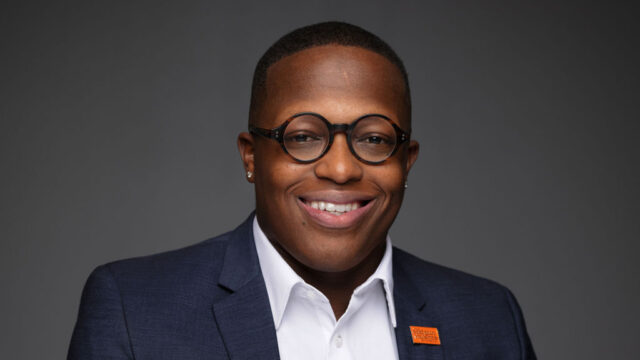
As Black History Month comes to a close, our commitment to building safer communities remains as urgent as ever.
During Black History Month 2025, we celebrated the survivors and trailblazers leading the fight against gun violence. Honoring Black history means not just reflecting on the past but actively shaping a future where our communities are free from gun violence. But the work of celebrating leadership, building solidarity, and empowering communities should not end in February. It’s a year-round movement that requires all of us to stay engaged.
Here’s how you can take action:
- Stay Connected: Stay informed to become part of the solution. Sign up for communications from the Everytown Support Fund.
- Get Involved: Join local gun violence prevention initiatives and show up for communities who are most impacted.
- Use Your Voice: Call on public officials to prioritize gun safety policies that protect Black lives.
- Support Survivors of Gun Violence: Uplift the voices of those directly impacted and advocate for aid that will bring healing and prevention.
- Are you a survivor of gun violence? Join the Everytown Survivor Network, a nationwide community of survivors working to end gun violence.
As a Black man, I know firsthand that our fight for justice and safety is deeply personal. But we are not powerless, we are not voiceless, and we are certainly not done. Let’s take this momentum beyond February and continue working toward lasting change.
Standing together,
Morandon Henry
National Partnerships Associate, Everytown for Gun Safety
Blog Posts
Gun violence is not just a public safety issue—it is a civil rights issue. Everytown acknowledges the deep connections between systemic inequality, racial justice, and gun violence. Our theme for Black History Month 2025 reminded us that the fight for freedom and equality must include the work to protect lives and build safe, thriving communities.
In February 2025, we:
- Honored the leadership and efforts of those on the frontlines of the gun violence prevention movement, especially within Black communities disproportionately impacted by gun violence;
- Highlighted the collective strength of survivors and leaders, emphasizing that this movement thrives on collaboration and shared vision; and
- Elevated the importance of grassroots organizing, collective healing, and community-led solutions.


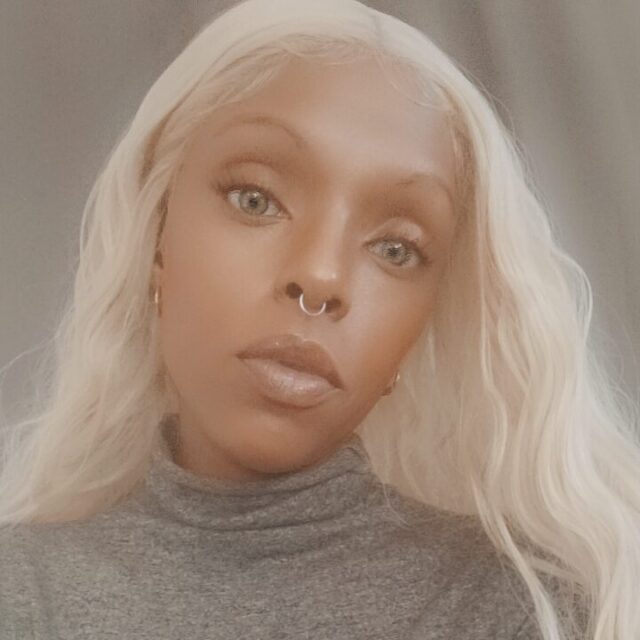
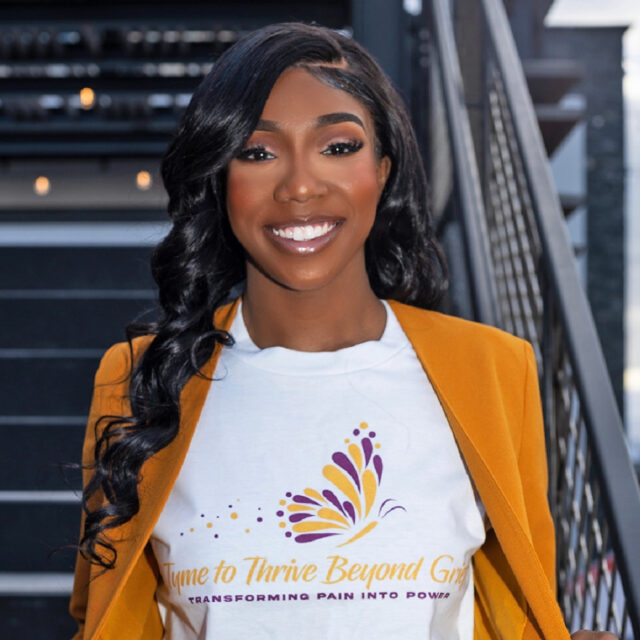
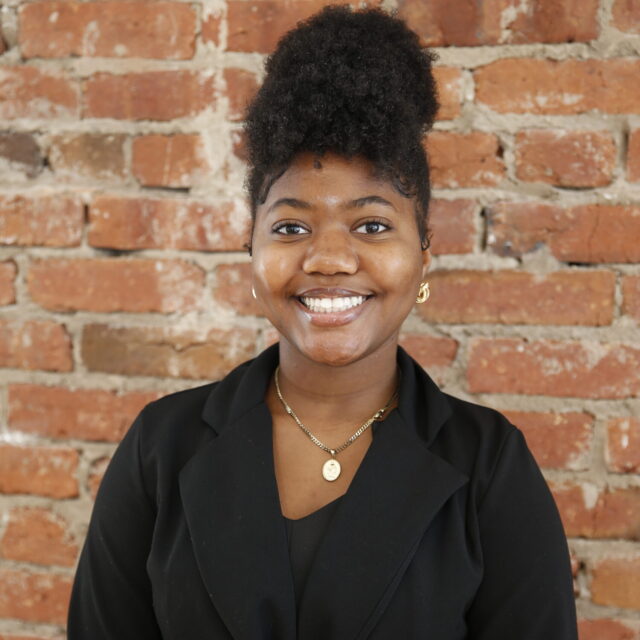
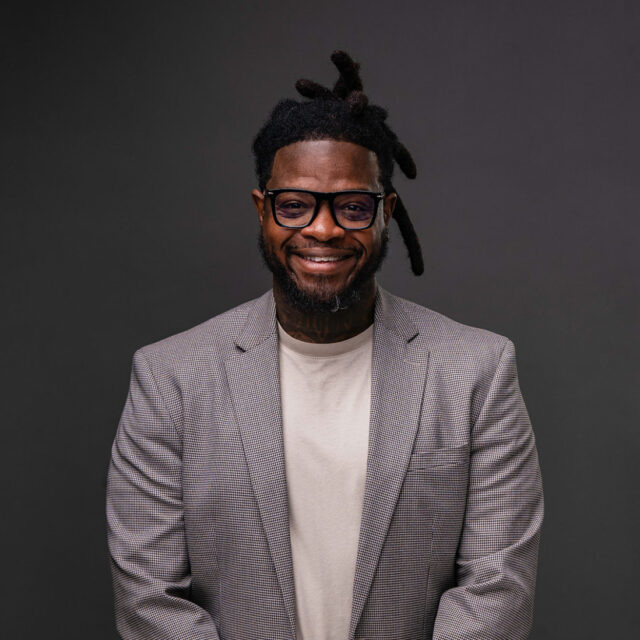
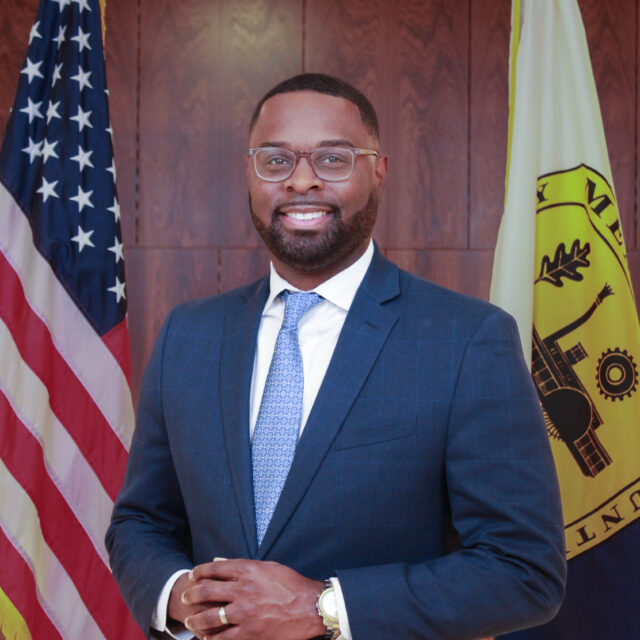
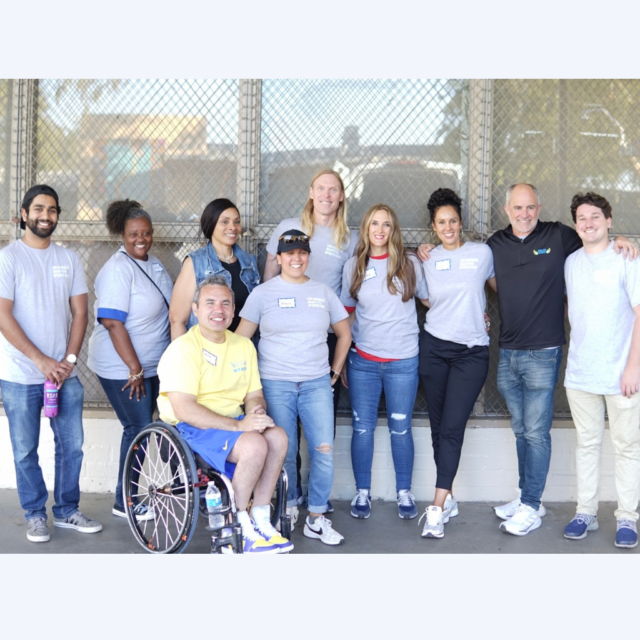
![3x: Police are nearly 3 times as likely to shoot and kill Black people in America than white people. [source] EverytownResearch.org. Everytown Analysis of Mapping Police Violence, 2019-2023.](https://everytownsupportfund.org/wp-content/uploads/sites/2/2025/01/BHM-2025-Social-Stats-010925A-01-640x640.png)
![Every 6.5 hours, a Black boy or teenager is shot and killed in the United States. [source] EverytownResearch.org. CDC, WONDER, Underlying Cause of Death. 2019-2023. Ages 0-19; Non-Latinx Black; Homicide includes Legal Intervention.](https://everytownsupportfund.org/wp-content/uploads/sites/2/2025/01/BHM-2025-Social-Stats-010925A-04-640x640.png)
![Firearms are the leading cause of death for Black children and teens. [source] EverytownResearch.org. CDC, WONDER, Underlying Cause of Death, 2023. Ages 0-19; Non-Latinx Black.](https://everytownsupportfund.org/wp-content/uploads/sites/2/2025/01/BHM-2025-Social-Stats-010925A-02-640x640.png)
![12x: Black people in America are more than 12 times more likely than white people to die by gun homicide. [source] EverytownResearch.org. CDC, WONDER, Underlying Cause of Death. 2019-2023.](https://everytownsupportfund.org/wp-content/uploads/sites/2/2025/01/BHM-2025-Social-Stats-010925A-03-640x640.png)